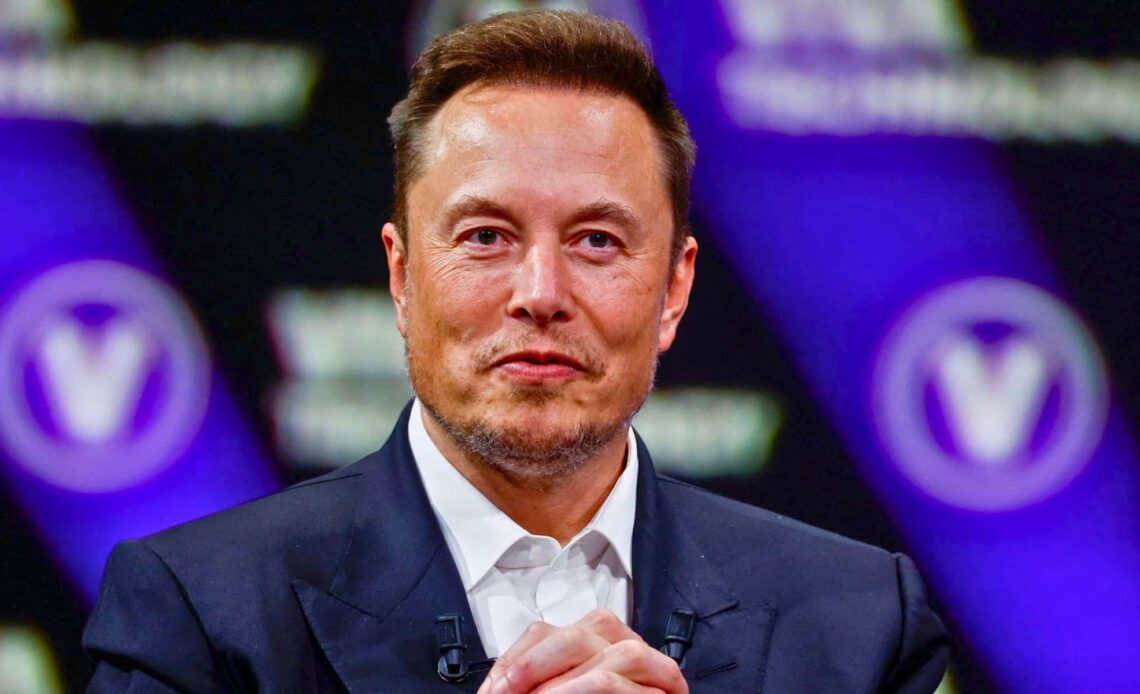Elon Musk, the billionaire entrepreneur and CEO of Tesla and SpaceX, has made a bold claim that he could help save the U.S. federal budget a staggering $1 trillion. Known for his ambitious ideas and disruptive innovations, Musk has proposed a series of strategies that could potentially revolutionize government spending. His claim has sparked widespread debate, with some hailing his vision as a much-needed solution to excessive federal expenditures, while others remain skeptical about its feasibility.
## The Current Federal Budget Crisis
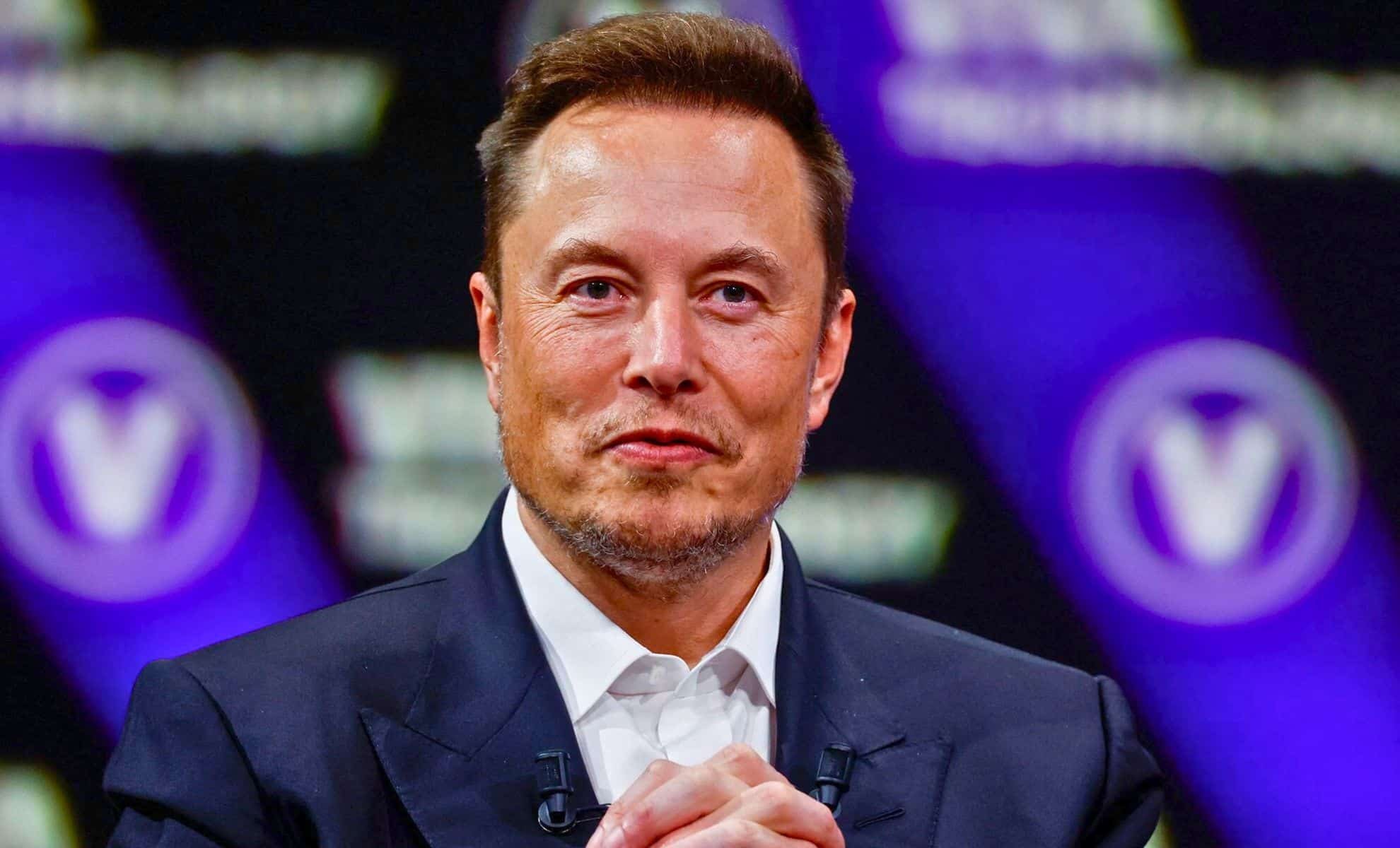
The U.S. federal budget is facing mounting deficits and rising national debt, with government spending reaching unprecedented levels. In 2023 alone, the federal budget deficit exceeded $1.7 trillion, driven by increased spending on social programs, defense, and interest payments on national debt. Policymakers are constantly searching for ways to reduce expenditures without compromising essential services.
Musk argues that inefficiencies, bureaucracy, and outdated systems contribute significantly to government overspending. He believes that leveraging technological advancements and streamlining operations could lead to massive cost savings.
## Musk’s Vision for Cutting Federal Spending
Elon Musk has suggested several key areas where he believes the federal government could significantly reduce spending. His proposals focus on innovation, automation, and the elimination of inefficiencies.
### 1. **Optimizing Defense Spending**
One of the largest areas of federal expenditure is defense, with an annual budget exceeding $800 billion. Musk proposes:
– Greater reliance on autonomous drones and AI-driven defense systems, reducing the need for costly manned operations.
– Increased use of reusable rockets for military logistics through SpaceX’s Starship program, potentially saving billions on transportation costs.
– Adoption of SpaceX’s Starlink for secure military communications, replacing expensive legacy systems.
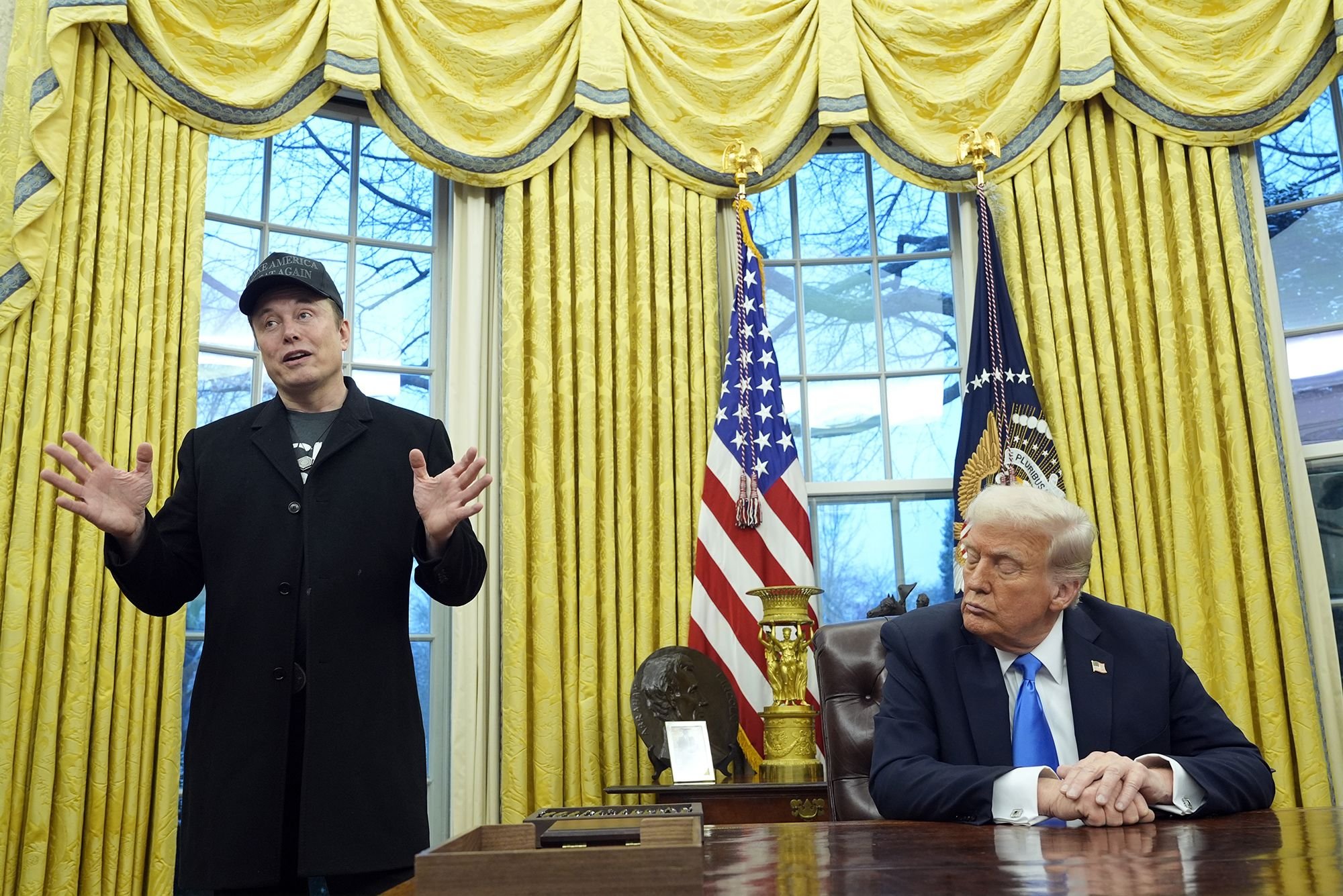
### 2. **Overhauling Government Bureaucracy with AI**
Musk has long been an advocate of artificial intelligence and automation. He suggests that AI could:
– Streamline bureaucratic processes, reducing the need for excessive government staffing.
– Automate tax collection and auditing, minimizing fraud and inefficiencies.
– Optimize public sector decision-making through data-driven insights.
### 3. **Revolutionizing Transportation Infrastructure**
Government infrastructure projects are notoriously expensive and often suffer from delays and budget overruns. Musk proposes:
– Expanding the use of The Boring Company’s underground tunnels to create cost-efficient transportation systems, reducing reliance on expensive highway expansions.
– Developing high-speed Hyperloop networks as a more affordable alternative to traditional rail and highway projects.
– Enhancing the efficiency of electric vehicles in public transport, reducing long-term operational costs.
### 4. **Energy Independence and Efficiency**
Musk, as the CEO of Tesla, emphasizes the importance of renewable energy solutions in reducing government spending. His suggestions include:
– Widespread adoption of solar power through Tesla’s SolarCity initiative, lowering federal energy costs.
– Investing in battery storage technology to improve energy grid efficiency, reducing reliance on fossil fuel subsidies.
– Encouraging the use of electric government vehicle fleets, cutting down fuel and maintenance costs.
### 5. **Space Exploration and NASA’s Budget**
NASA’s annual budget is around $25 billion, with significant expenditures on outdated space technologies. Musk believes SpaceX could offer:
– Cost-effective space launches through reusable rocket technology, saving billions annually.
– Private sector partnerships to reduce NASA’s dependence on government funding.
– A transition towards commercial space travel to generate revenue rather than relying solely on federal funding.
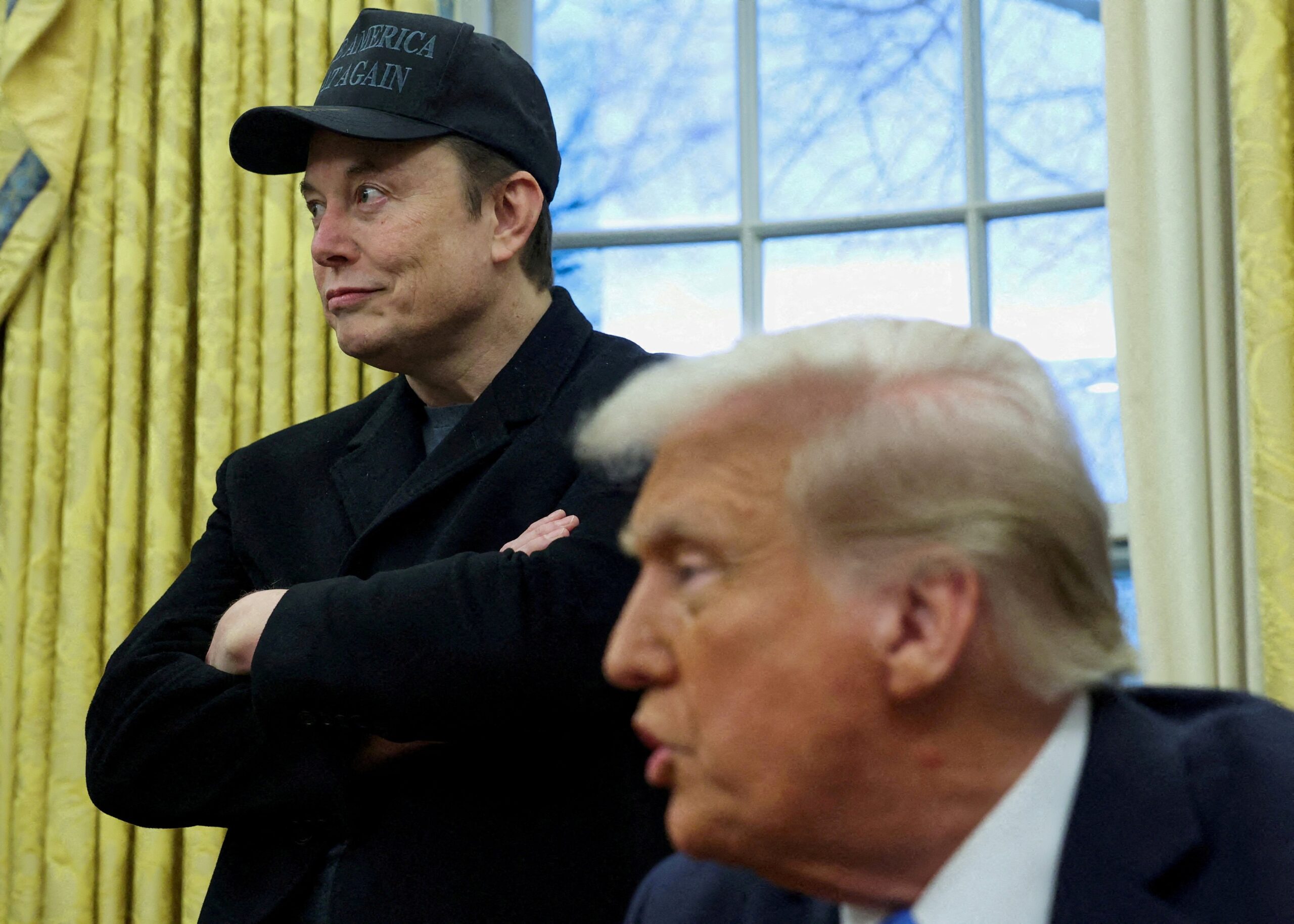
## Potential Challenges and Criticism
While Musk’s proposals are ambitious, they are not without challenges. Critics argue that:
– Implementing AI in government could lead to job losses and resistance from bureaucratic institutions.
– Defense spending reductions may face pushback from military leaders and defense contractors.
– Large-scale infrastructure projects like the Hyperloop face regulatory hurdles and significant upfront costs.
– Transitioning to renewable energy on a federal level requires long-term investment before cost savings materialize.
## Support and Political Reception
Musk’s ideas have garnered mixed reactions from politicians and economists. Some lawmakers support his vision of innovation-driven cost-cutting, seeing it as a way to modernize government operations. Others, however, are skeptical, questioning whether his proposals are practical within the constraints of government regulations and politics.
Public opinion on Musk’s claim is also divided. Supporters believe his track record in revolutionizing industries like electric vehicles and space travel proves he can make a meaningful impact on federal spending. Detractors argue that his corporate mindset may not be directly applicable to complex government systems.
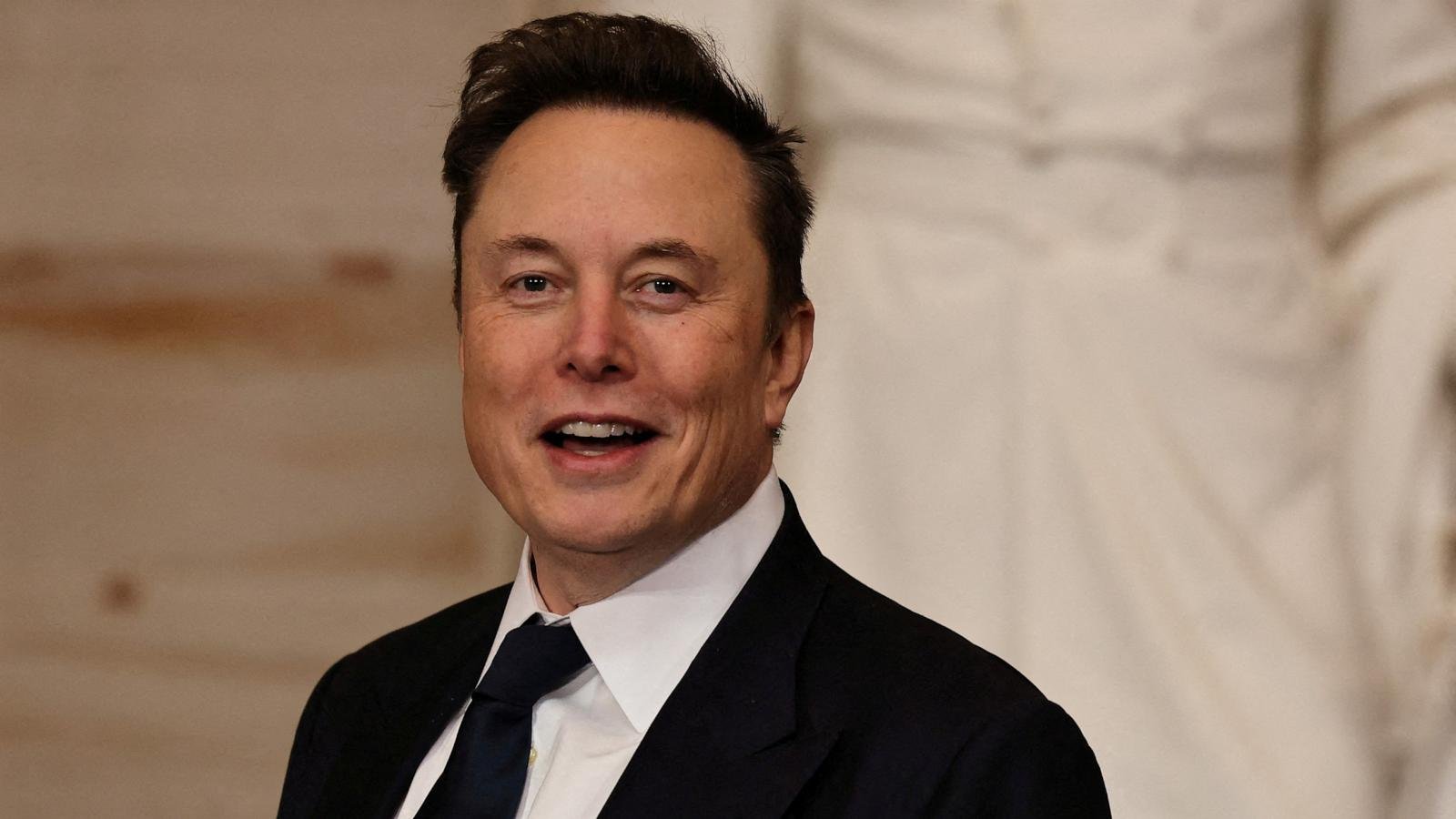
## Conclusion: Can Elon Musk Really Save $1 Trillion?
Elon Musk’s claim of saving the federal budget $1 trillion is bold, but not entirely implausible. His innovative approach to cost-cutting through AI, automation, defense efficiency, renewable energy, and infrastructure reform presents a compelling vision for reducing government expenditure. However, significant political and bureaucratic hurdles stand in the way of fully implementing his ideas.
While Musk’s proposals may not be an immediate fix, they offer a forward-thinking perspective on how technology could transform government efficiency in the future. Whether or not his ideas are adopted, his influence in shaping discussions about fiscal responsibility and technological advancement is undeniable.
